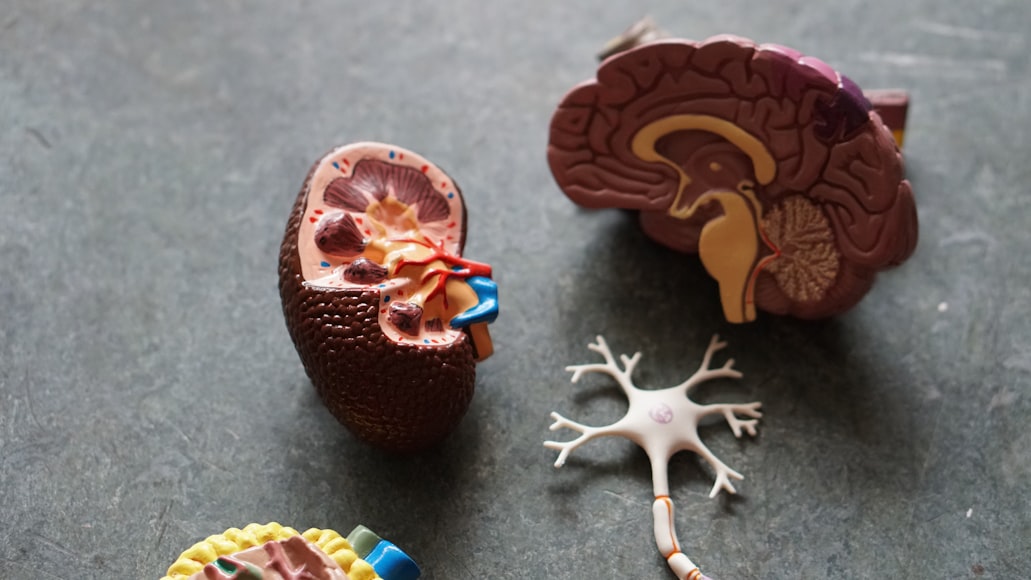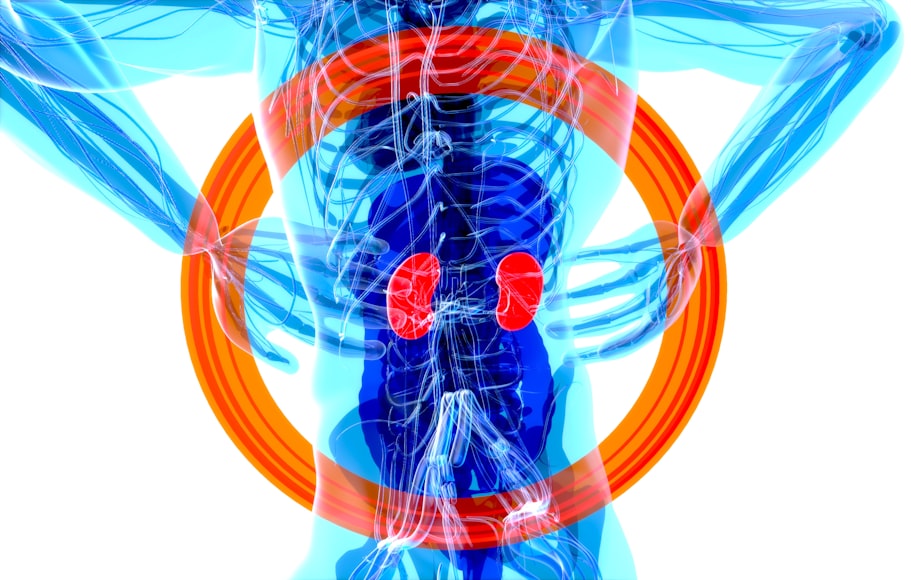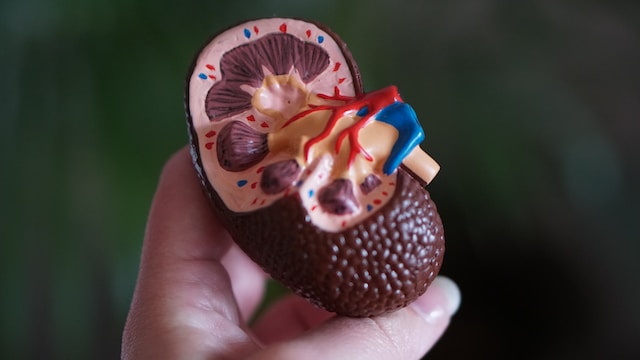Do you know that your everyday habits can be causing long-term damage to your kidneys? Many people are unaware of the everyday activities that can harm their kidneys, leading to serious health consequences. In this blog post, we’ll look at 10 of the most common daily habits that can cause damage to your kidneys and what you can do to protect yourself. So if you want to learn more about how your lifestyle can be damaging your kidneys, read on for the full list!
1) Eating Too Much Protein

Consuming too much protein can be taxing on the kidneys, as they must work to filter out the excess protein. Eating protein in moderation is key for kidney health. Protein should be a balanced part of a healthy diet, with an emphasis on plant-based proteins such as legumes, nuts, and whole grains.
2) Not Drinking Enough Water
Not drinking enough water is a major contributor to kidney health issues. Your kidneys need an adequate amount of water to function properly and filter waste products. When you don’t drink enough water, your kidneys can become overloaded, resulting in damage and even kidney failure. Make sure to stay hydrated throughout the day to protect your kidneys!
3) Eating Processed Foods

Processed foods can have a negative impact on your kidneys. These foods often contain high amounts of sodium and sugar, both of which can increase the strain on your kidneys. Additionally, processed foods are low in fiber, which is necessary for healthy kidney function. To protect your kidneys, it’s best to avoid processed foods as much as possible.
4) Eating Too Much Salt
Excess salt consumption can have damaging effects on your kidneys. Eating too much salt can cause the body to retain fluids, resulting in an increased workload on the kidneys. It can also increase blood pressure, which can put strain on the kidneys and lead to kidney disease. Limiting the amount of salt you consume each day is important for overall health and kidney function.
5) Smoking

Smoking cigarettes has a major impact on your kidneys and can lead to serious health problems. It’s important to stop smoking to protect your kidneys. In addition to increasing your risk of kidney cancer, smoking can also reduce your blood flow to the kidneys, leading to organ damage. It’s essential to quit as soon as possible.
6) Drinking Alcohol
Alcohol is a diuretic, which means it can increase the amount of urine you produce. This can lead to dehydration and increased strain on the kidneys. Drinking too much alcohol can also cause inflammation in the kidneys, leading to further damage. Limit your intake to one drink per day for women and two for men.
7) Not Getting Enough Exercise

Exercising regularly can help improve your overall health and reduce the risk of developing kidney disease. However, not getting enough exercise can put extra strain on your kidneys and contribute to their damage. Try to incorporate regular physical activity into your daily routine for better kidney health. This doesn’t mean you have to do a strenuous workout every day, but something as simple as a daily walk or bike ride can make a big difference.
8) Taking Too Much Ibuprofen
Taking too much ibuprofen can damage your kidneys. It’s important to take the recommended dosage and be mindful of how often you are taking ibuprofen. If you’re in pain, talk to your doctor about alternatives that may be less taxing on your kidneys. You should also be aware of the potential side effects of ibuprofen, such as nausea, stomach pain, and fatigue.
9) Exposing Yourself to Toxic Chemicals

Exposure to toxic chemicals can be dangerous for your kidneys. Certain types of chemicals, such as heavy metals and certain pesticides, can accumulate in the body over time and damage the kidneys. Be aware of any chemical products you are using and the potential effects they may have on your kidneys. It’s best to opt for non-toxic, natural alternatives whenever possible.
10) Having Uncontrolled Diabetes
Diabetes is a serious medical condition that can cause damage to kidneys if not managed properly. Diabetes causes high blood sugar levels which can damage the delicate tissues in the kidneys and lead to kidney disease. To prevent kidney damage, it’s important for people with diabetes to monitor their blood sugar levels regularly and make lifestyle changes such as eating a balanced diet, exercising regularly, and taking prescribed medications.

